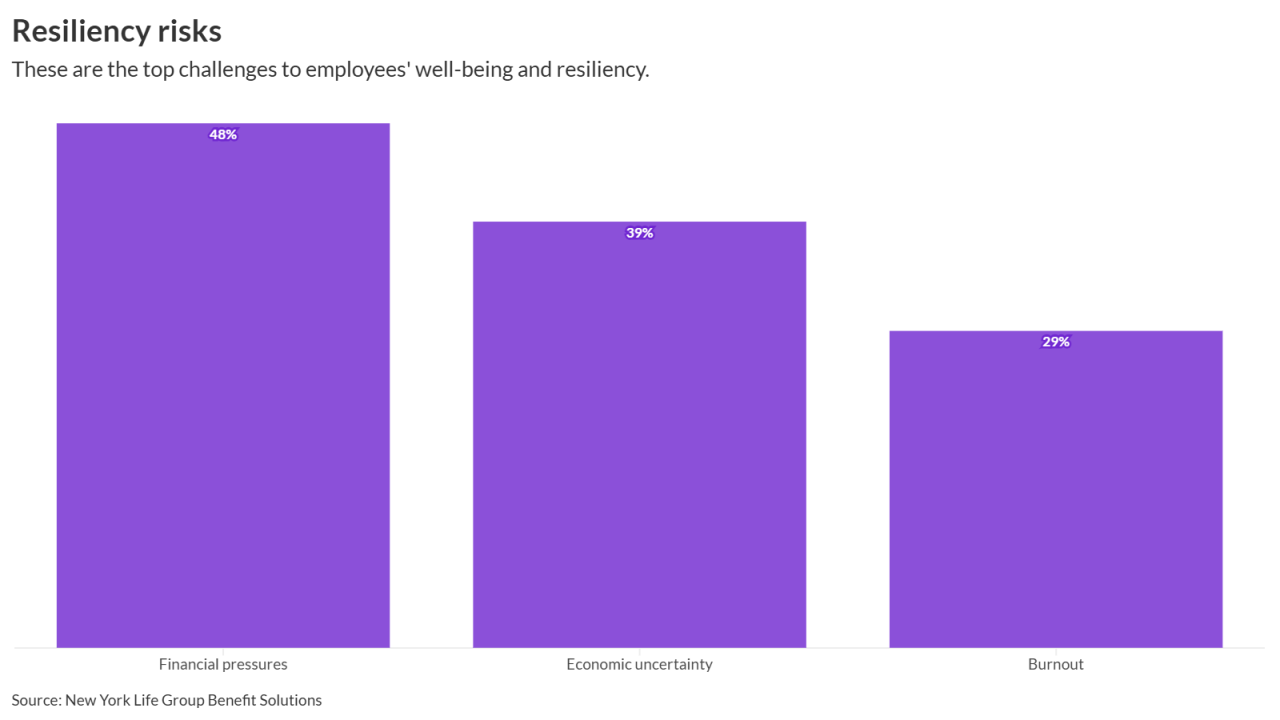Companies that cherish flat management structures but utilize across-the-board outsourcing are missing out on the benefits of a truly connected HR workforce.
While many companies are reaping benefits from
There are certain laws, that if you dont know how to do them technically, you open your company up to lawsuits, says Michael Boro, principal in PricewaterhouseCoopers global human resource services. I think the interesting thing is they say you can outsource [but] the problem with it is you cant outsource your fiduciary responsibility.
In a recent Wall Street Journal article, many companies indicated that they have been limiting or downsizing their HR departments in order to fuel business growth and prevent inefficiencies. Also,
The software companies would love the CEO to believe that they hold all of the answers and can fully replace the people with systems. That just isnt true, says Deb Keary, vice president of human resources for the Society of Human Resource Management. Employees like having HR there to help them with issues, from I cant understand my boss to our health care company wont respond to my calls. HR gives them a place to go and get their issues resolved by someone who has their best interests at heart.
According to Boro, the short-term benefits achieved from HR outsourcing can stifle business operation and management, as well as block real person connections. He notes that small firms are in dire need of HR departments, even those who are craving immediate financial savings.
What outsourcers do is they dont take responsibility, because it isnt their responsibility, he says. They rely on the data, and data is filled with errors from the small companies to the big companies.
According to SHRMs HR Jobs Pulse Survey Report released in January, only one in five organizations are currently hiring in the space. For smaller companies, in the less than 100 employee space, only 2% report they are hiring for HR positions. Even worse, 39% report worry over maintaining their current positions.
Approximately 70% of those surveyed report HR generalist as their top job function. Employment/recruitment (40%) and administrative (38%) followed.
In-house HR departments can also add social profit to corporate communities, as well as keeping potentially illegal managerial decisions at bay. HR departments are well-versed with the Family and Medical Leave Act,
Most managers know very little about employment law compliance, says Keary. HR handles compliance and trains managers as necessary; a common example is briefing hiring managers on what questions they should and should not ask applicants. Some questions, while not overtly illegal, lead to knowledge that might cause an illegal outcome.
Keary adds that the major role of HR is to build a great workforce and workplace culture; the department also makes sure performance and compensation is equally distributed.
If one manager/department acts outside the boundaries, like giving extra pay to favorites, or giving worse performance reviews than the rest of the company for no good reason, HR can step in and not allow it, thus the culture appears more fair, Keary explains.




